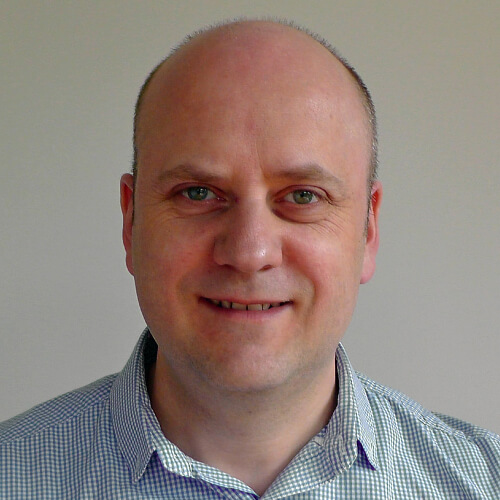“We Must Take Part in Polarised Debates” – The Big Takeaway from the Festival of Education

The call at this year's event to break down barriers between entrenched positions – such as knowledge vs skills and progressive vs traditional – is a refreshing one, says Harley Richardson

I always enjoy the Festival of Education, which takes place in the leafy surroundings of Wellington College each June. It’s a chance to get away from the work routine for a couple of days and hear what other people have to say about education – what they think is good or bad, where they think it should go in future.
Naturally, the speakers and attendees come armed with a wide range of views, and to its credit the Festival has always had room for conflicting opinions – but the huge scale of the event makes it possible for different educational ‘tribes’ to take part and still not interact with each other – and speakers can end up preaching to the converted without realising it.
So it was refreshing this year to hear Julian Thomas, Master of Wellington College, kick off the festival with a call to break down barriers between entrenched positions – such as knowledge vs skills and progressive vs traditional.
He encouraged attendees to keep an open mind and hoped that during the event we would all hear something that challenged us. He even suggested we make a point of going up to someone we disagree with and talking to them about it.
This theme was picked up in the second day’s opening address by Gemma Mortensen, organiser of The Great Get Together, an annual nationwide community event set up following the tragic murder of MP Jo Cox. Mortensen called for us to reject ‘divisive politics’ and ‘celebrate all that brings us together’.
Later that morning there was a great example of what this could mean in practice, in the form of a conversation about free schools between Laura McInerney, author of 6 Predictable Failings of Free Schools… and How to Avoid Them, written in 2010 in the wake of the announcement of the free schools programme, and Mark Lehain, founder of Bedford Free School and Interim Director of the New Schools Network, which provides advice and guidance for those wanting to set up free schools.
Revisiting McInerney’s predictions, they also looked at the ‘6 Unpredicted Successes of Free Schools’ and have collaborated on a pamphlet of that name.
Both speakers swallowed their respective pride and talked candidly about what had worked and what had gone wrong with the free school programme.
This felt like a significant moment, not just because it was an inspiring example of two political ‘enemies’ engaging with each other with good grace, generosity and humour, and finding some common ground in the process, but more importantly because the discussion shed some much-needed light on an overheated subject and gave all of us in the audience an opportunity to deepen our understanding of the free school debate.
Yet the reason this session was so remarkable is that the edu world is often anything but civil, as a few minutes on social media will demonstrate. Sadly, there’s plenty of people in education who would rather stifle than encourage debate about important and controversial matters.
So, if we think McInerney and Lehain’s approach is a more positive and productive way of going about things, what else could we do in the same spirit?
We could be tolerant of other views and listen to people we disagree with – rather than insulting them, ‘no platforming’ them, or calling for them to be sacked when they say something we don’t like.
We could try to understand different points of view, rather than consigning them at the first opportunity into pre-conceived political boxes, such as left and right, which save us the trouble of thinking further.
We could engage with opponents, meaningfully, by debating with them, holding their views to account and in turn articulating and developing our own views, rather than saying ‘That offends me!’ and trying to shut them down.
And if we’re serious about celebrating the things that bring us together, we should reclaim the idea of universalism – the unfashionable notion that some ideas are meaningful for humanity as a whole.
This means rejecting the current trend for identity politics – which privileges our specific individual perspectives and plays down any possibility of shared, common experience.
Lastly, we should be unafraid to take part in polarised debates. Like it or not, sometimes positions do get entrenched – which is often exacerbated by our reluctance to debate them, leading people to talk only to others who already share the same views.
Acknowledging that fundamental differences of outlook do exist and confronting these head on can be a necessary first step to finding common ground, and it gives us the opportunity to tease out the nuances that lie beneath the blunt headline positions. Sometimes we need to engage with ‘divisive politics’.
This year’s Festival admirably demonstrated what is possible when we ‘recognise what unites us’. But it also showed that if we really want to tackle the problems in education, we also need to recognise – and be willing to discuss – what separates us.
Harley Richardson is director of design and development at Discovery Education and a member of the Academy of Ideas Education Forum.











